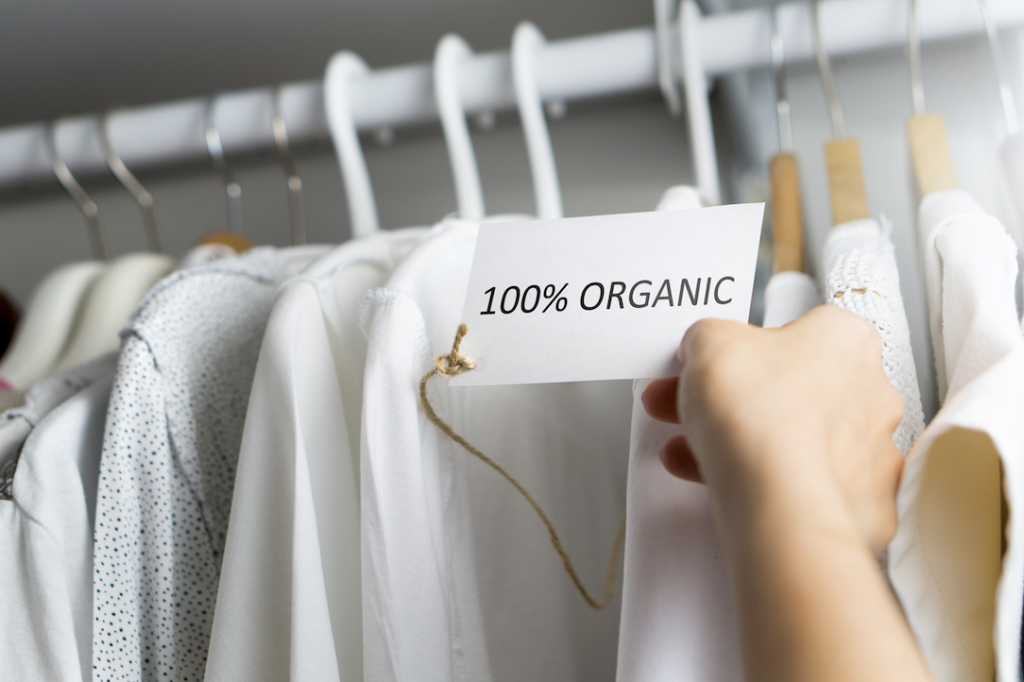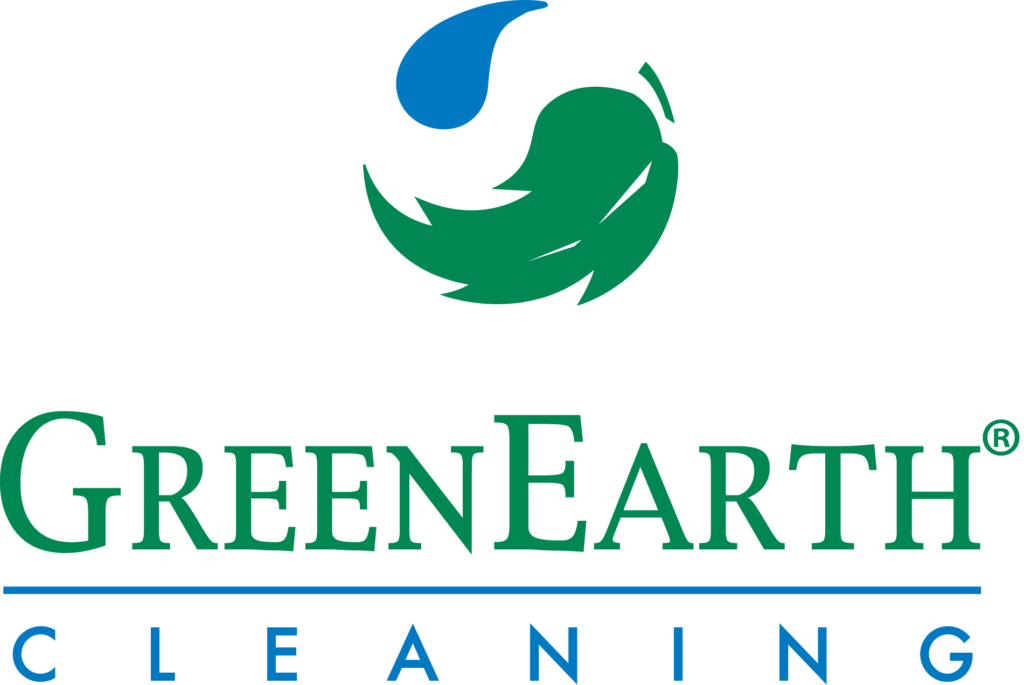Debunking the Myth: Is Ethical Fashion Always More Expensive?

Ethical fashion often faces criticism for its perceived high cost, with statements like “ethical fashion is too expensive” or “ethical fashion is elitist” echoing common sentiments. While it’s understandable why some may hold these views, a closer examination reveals a more nuanced reality.
Redefining the Value
Ethical fashion isn’t solely about purchasing items; it is a movement encompassing various ways to engage and support sustainability. Furthermore, the notion that ethically made clothing is always pricier than mid-market brands like Anthropologie or Free People doesn’t always hold true. Many smaller ethical fashion brands offer products within a similar price range.
It’s crucial to consider the concept of cost per wear when evaluating the affordability of clothing. While fast fashion may seem inexpensive upfront, its poor quality often results in garments quickly deteriorating after a few wears. In contrast, investing in a higher-quality, ethically made piece can yield a lower cost per wear over time. Calculating the true cost per wear allow for a more accurate comparison of garment affordability.
For instance, purchasing a $200 dress and wearing it 40 times equates to a cost per wear of $5. Contrarily, buying multiple $40 dresses and wearing each only twice results in a higher cost per wear of $20. By prioritizing quality over quantity, individuals may actually save money in the long run by adopting an ethical fashion mindset.
Despite these considerations, it’s undeniable that clothing from ethical fashion brands often carries a higher price tag than fast fashion counterparts. This price disparity can be attributed to two main factors: ethical production practices and scale.
Sustainable fashion brands prioritize fair wages, benefits, and safe working conditions for their workers. Additionally, investments in eco-friendly materials and low-impact production processes contribute to higher production costs. While these practices align with ethical principles, they necessitate higher price points for the end consumer.
Moreover, the scale of production plays a significant role in pricing. Fast fashion brands mass-produce garments, allowing them to minimize costs and offer lower prices. In contrast, ethical fashion brands often operate on a smaller scale, producing limited quantities of clothing. As a result, they must charge more per piece to cover production costs and maintain profitability.
While these factors contribute to the higher cost of eco-friendly fashion, they underscore the importance of supporting sustainable practices and valuing quality over quantity. By investing in ethically made clothing, consumers not only contribute to positive social and environmental impact but also align with their values and make more informed purchasing decisions.
While sustainable fashion may entail a higher price tag upfront, its long-term benefits and contributions to sustainability are invaluable. By challenging misconceptions and prioritizing conscious consumption, individuals can play a pivotal role in shaping a more ethical and sustainable fashion industry. And when it comes to caring for your new or preloved garments, consider seeking out your local GreenEarth dry cleaner by using our store locator. With our eco-friendly cleaning process, we can ensure that your clothes are cleaned effectively while minimizing environmental impact. Choose a cleaner wardrobe and a greener planet by choosing GreenEarth Cleaning today.

